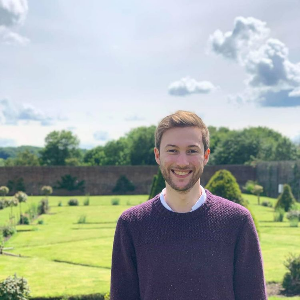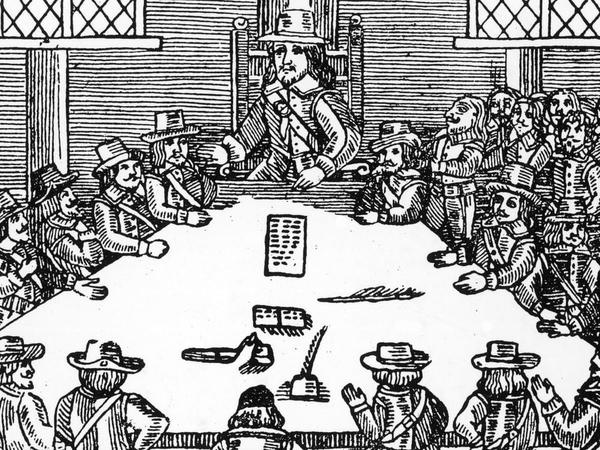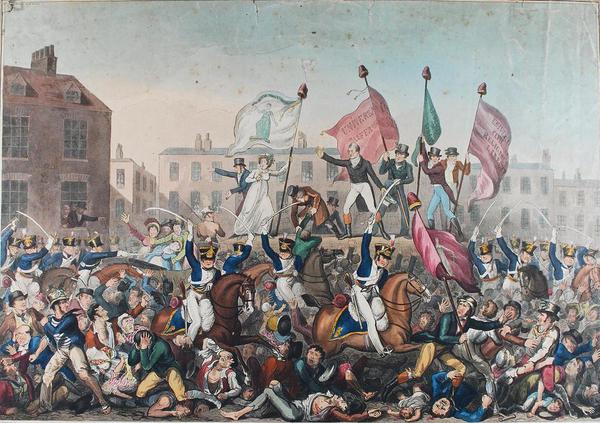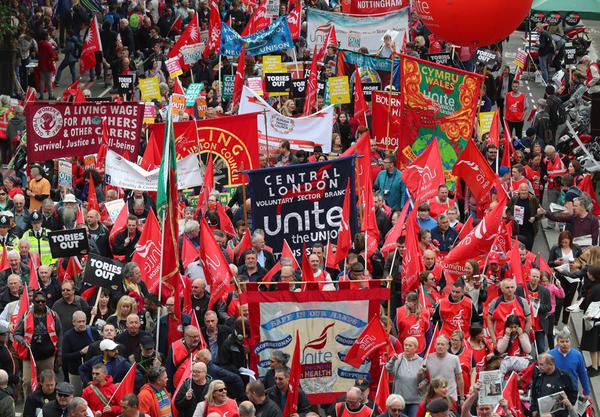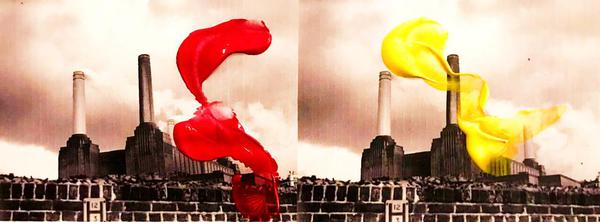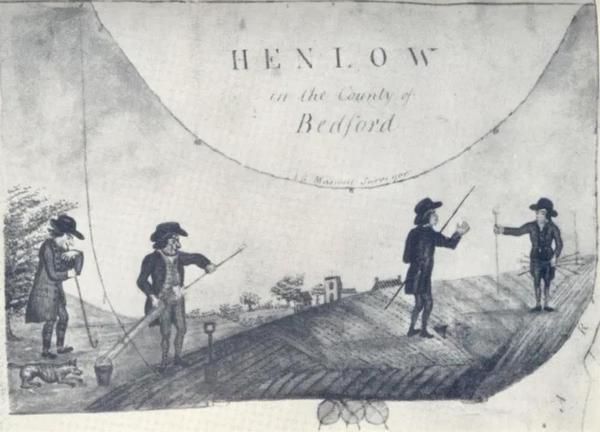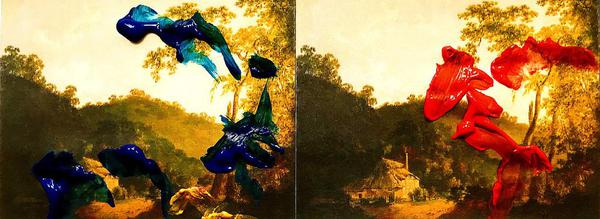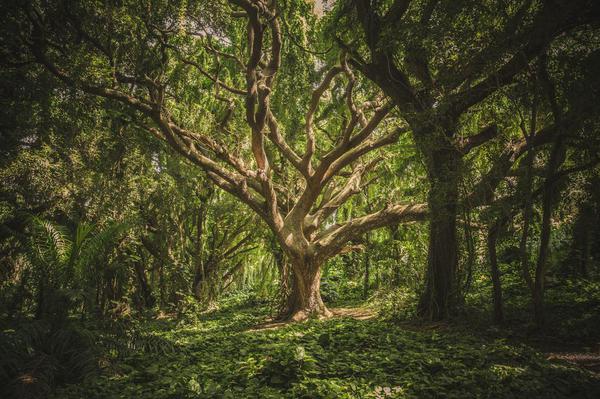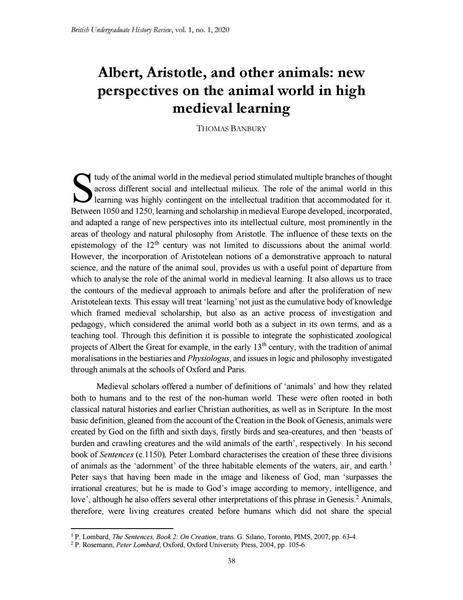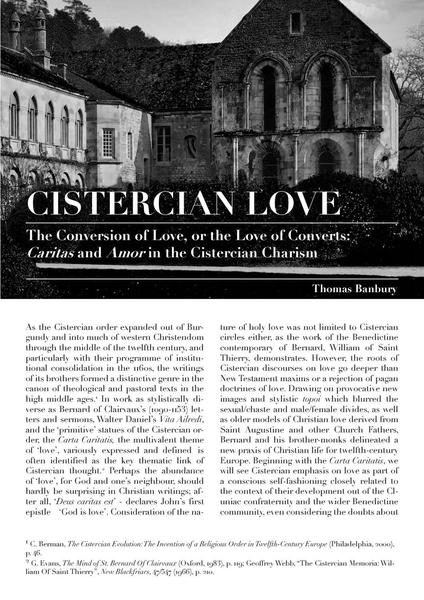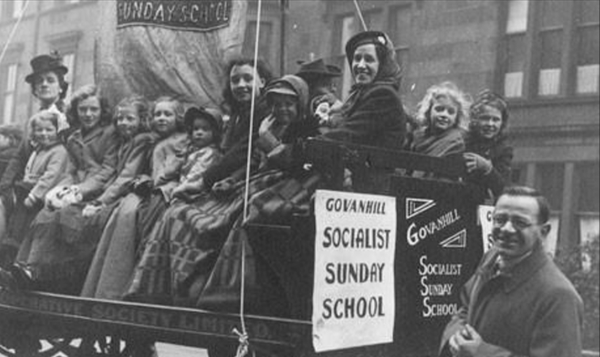
When Sunday Schools Taught Socialism
Before 1870, Christian Sunday schools provided some of the only educational opportunities for the children of working-class families. Often associated with nonconformist groups like the Baptists and Unitarians, these schools were staffed by laypeople who instructed children in the tenets of religion alongside basic literacy and numeracy. But after the development of a national system of compulsory education for children, often under the auspices of the Church of England, Sunday schools shifted f
